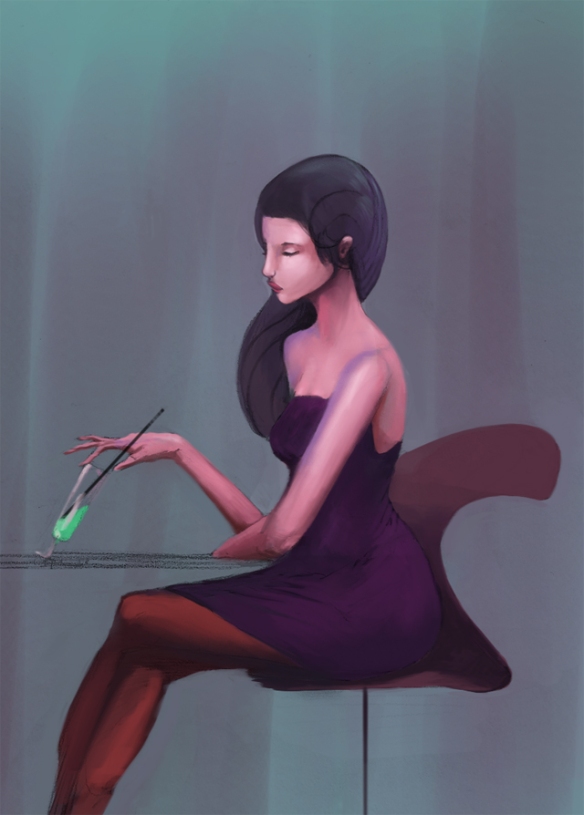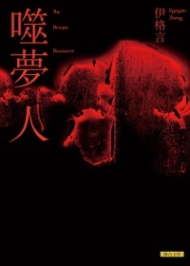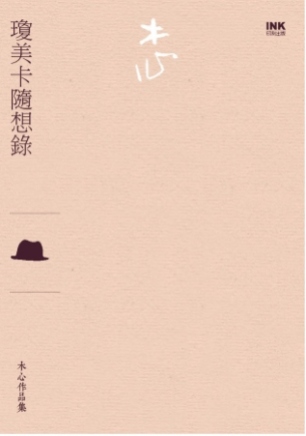 Lolita Hu (胡晴舫) was born in Taipei and graduated from the Foreign Languages Department of National Taiwan University and went on to get her masters in the Theatre Department of The University of Wisconsin. In 1999 she moved to Hong Kong. She writes cultural criticism as well as short stories and essays. Her works have been published in the media in Mainland China, Taiwan, Hong Kong and Singapore. She currently lives in Tokyo.
Lolita Hu (胡晴舫) was born in Taipei and graduated from the Foreign Languages Department of National Taiwan University and went on to get her masters in the Theatre Department of The University of Wisconsin. In 1999 she moved to Hong Kong. She writes cultural criticism as well as short stories and essays. Her works have been published in the media in Mainland China, Taiwan, Hong Kong and Singapore. She currently lives in Tokyo.Dim light is cast by the dragon-head-shaped wall lights, the pulse of electro shakes the entire space, comfy sofas divide the room into different nooks and crannies for people to drink in, pink nylon and muslin hang from the ceiling to the floor, prints of hundreds of bored faces are faintly discernible upon it. It could only be the hottest spot in Beijing this weekend.
Every three months a new nightclub appears in Beijing, and everybody trips over themselves to go there. The nightclub will normally be in a hutong, a dilapidated courtyard style house or a factory that’s about to be demolished. The same people every time scurry along to explore the new bar, they spout their cigarette smoke while telling you in lofty tones how the music in this new place is cool. After three months have passed, if it’s not that the style of the music has changed, or that the building which houses the club has suddenly been demolished by the city government, then it’s that it loses popularity for no particular reason whatsoever. Another bar opens, it’s also housed in an old factory, a hutong, or a traditional courtyard style house, wherever it may be, it always sounds incredibly cool.
Everyone vies with one another to be the first to spread the news. Then, at the new bar you meet the same familiar faces who recommended the old bar to you so enthusiastically.
When someone mentions the old bar, it’s as if they’re talking about a has-been celebrity. It’s so passé, they say. I don’t even know why it was so popular in the first place, it’s only logical that it’s become as out of fashion as it should have been in the first place.
It’s Friday night at 2am at the hottest bar of this couple of months, situated in the Sanlitun area. She has drunk quite a lot, but she’s still quite sober. She came with a friend who had a song twenty years ago which was popular throughout the whole of Beijing but who never followed it up with any other songs, when meeting a stranger he would always say “I’m so-and-so, do you want to buy me a drink?’. She would stand next to her friend, then not long after that she would ditch him, and sit down next to an immaculately dressed foreigner.


